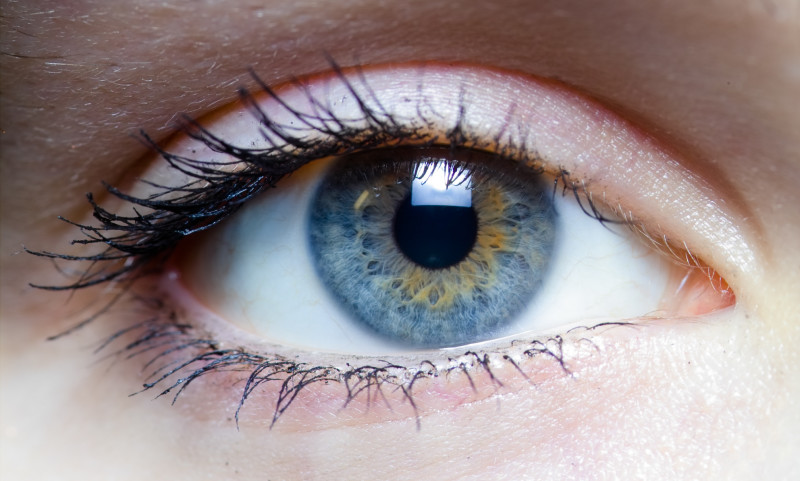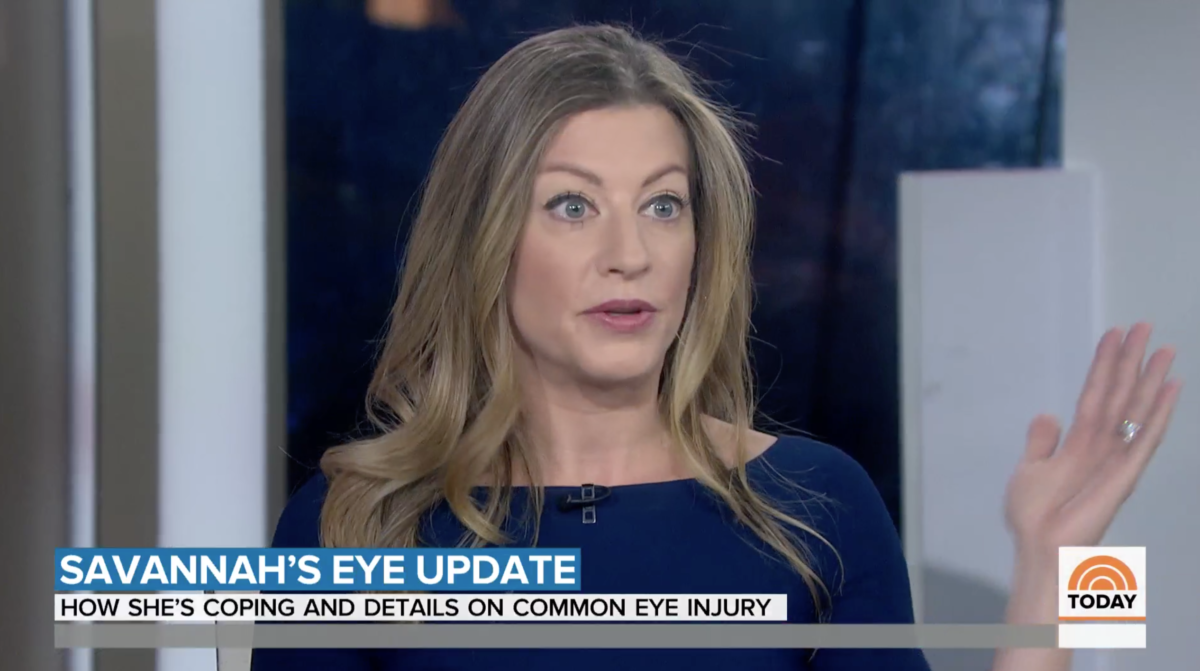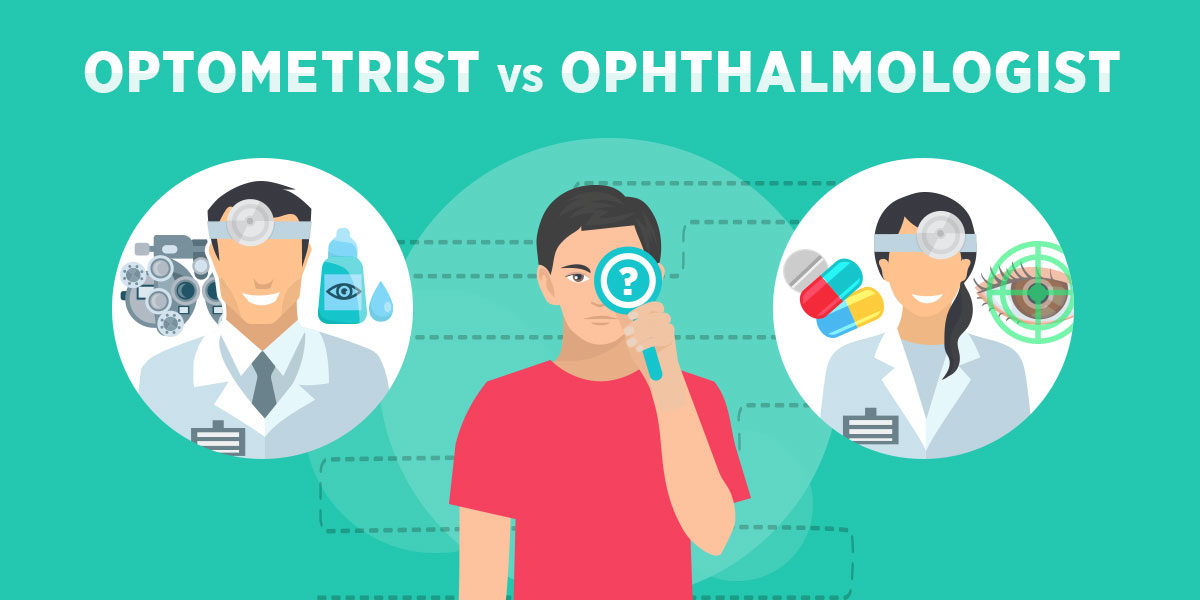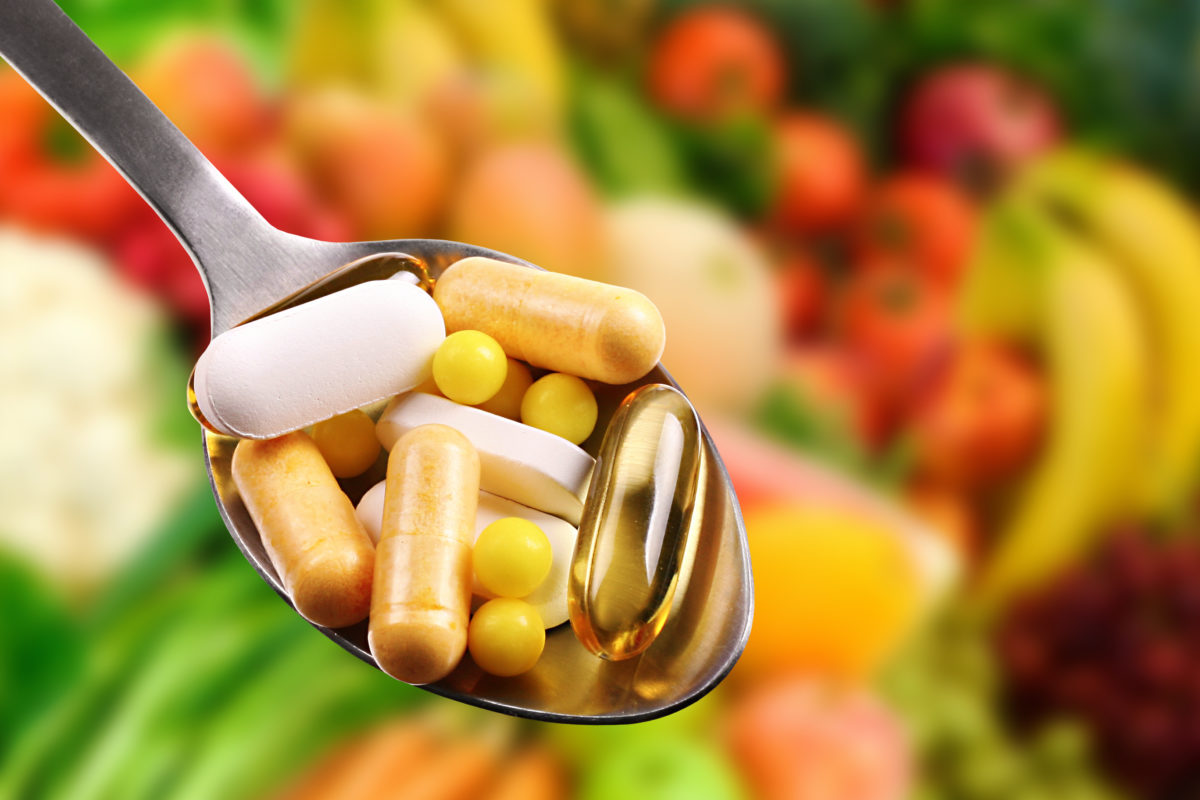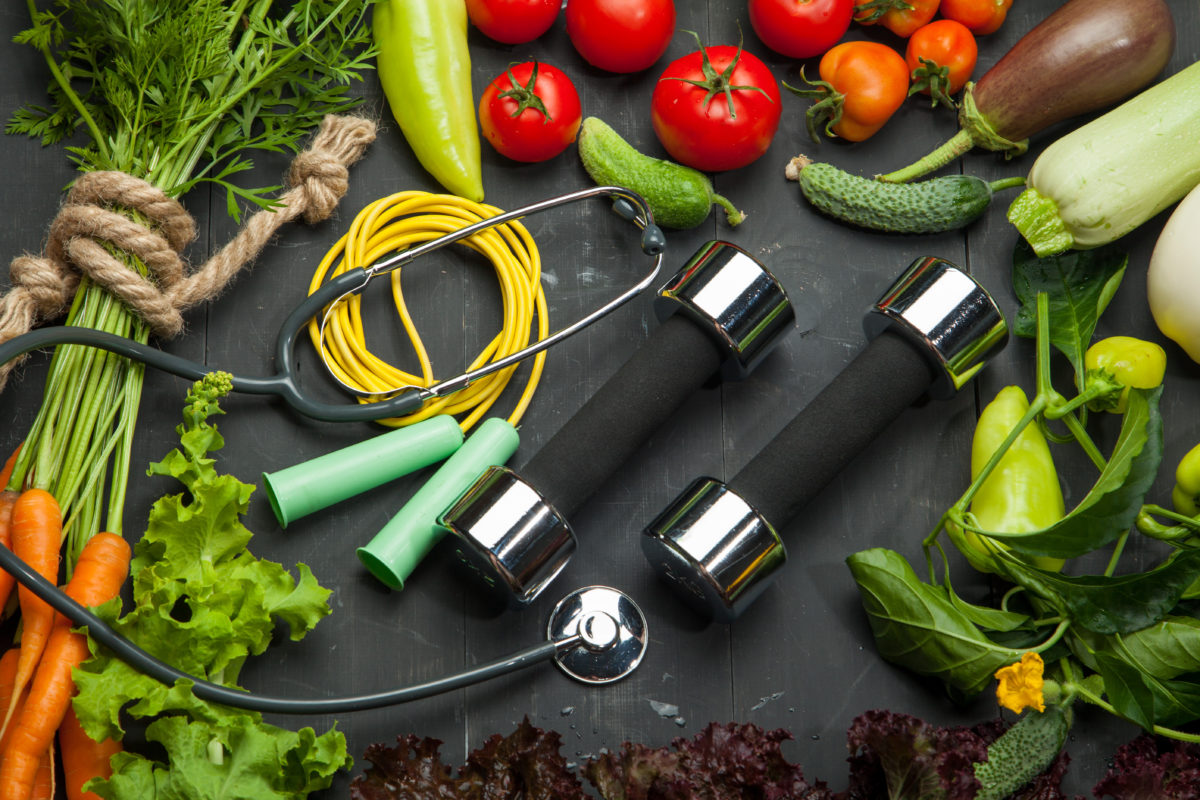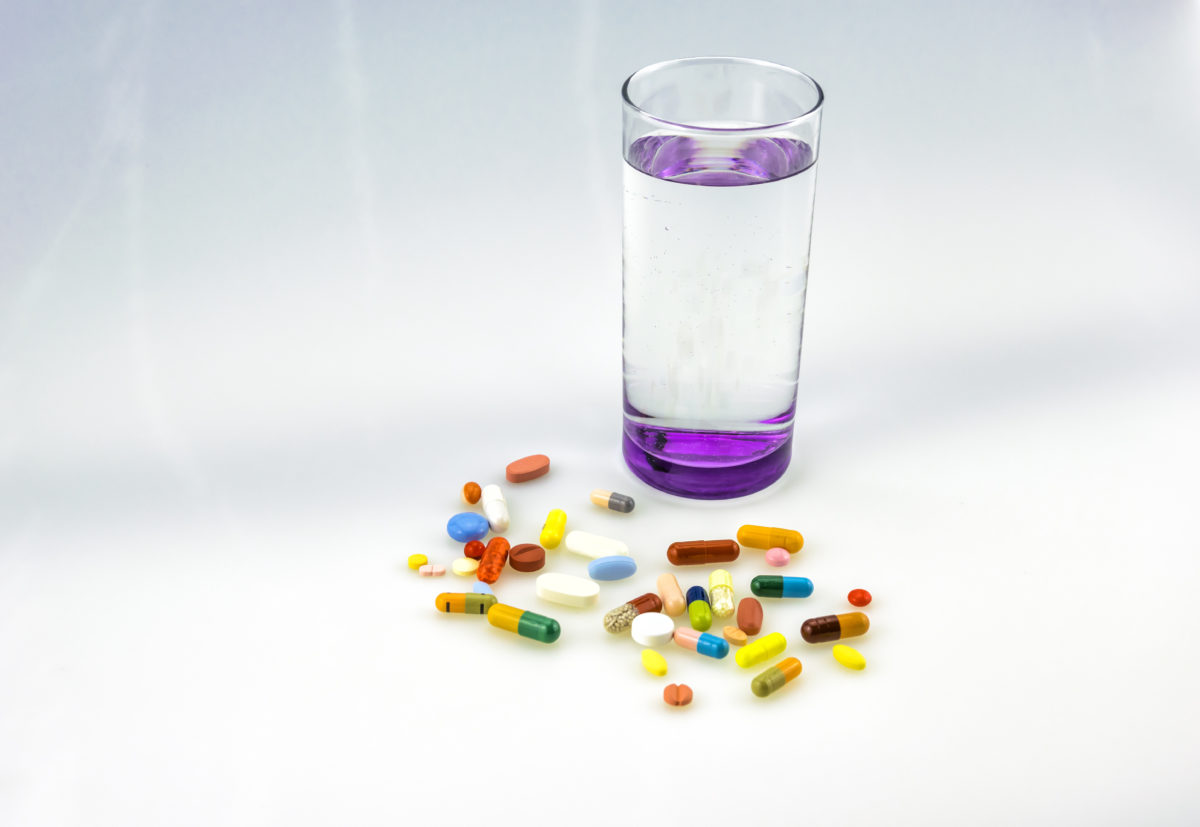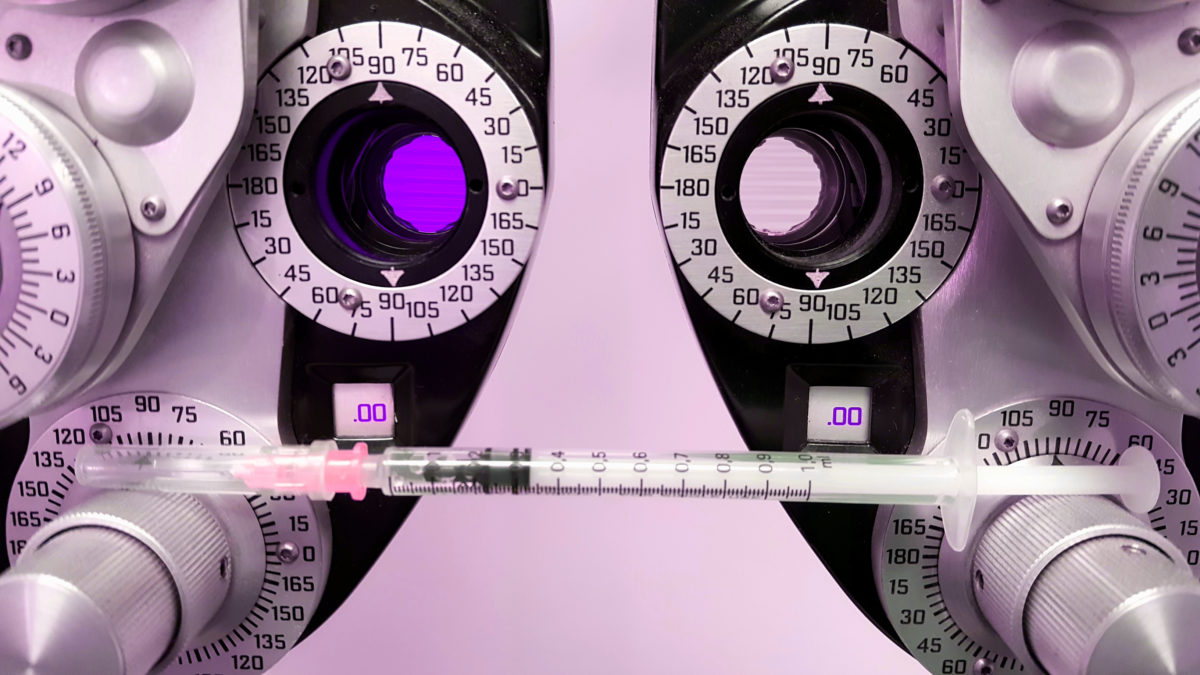Thinking about what foods protect our eyes, it’s important to remember that our eyes are VERY VASCULAR. This means that a heart-healthy diet (low in trans and saturated fat, and high in omega 3 fatty acids), is also an EYE-HEALTHY diet.
Foods rich in antioxidants are also known to help protect the eyes from age-related macular degeneration (ARMD), which is the leading cause of blindness among older Americans; as well as cataracts and other age-related conditions.
Kale and spinach
Just one cup of either of these cooked veggies is packed with more than 20 milligrams of lutein and zeaxanthin—two nutrients that do wonders for your eyes. Diets rich in these two nutrients have been shown to reduce the risk of age-related macular degeneration and cataracts.
Why are lutein and zeaxanthin so important to the eyes? They are pigments found densely packed in our retinas. The retina is the neurosensory “film” in the back of our eyes that transmits what we “see” to our brains. In fact, it’s nerve tissue and part of our brain! That is why when retinal tissue (nerve tissue) dies, we cannot (yet!) regenerate it. Other sources of these super pigments include collards, turnip greens, corn, green peas, broccoli, romaine lettuce, and green beans.
Eggs
Eggs are also a decent source of lutein and zeaxanthin, and the yolks are packed with Vitamin E. Vitamin E is, among other things, an important antioxidant and protector of our blood vessels.
Citrus Fruits
Yes, vitamin C gets a lot of love as an immune system juggernaut, but did you know it’s also been shown to help minimize the risk of cataracts and age-related macular degeneration? With one cup of orange juice, you can reap up to 124 milligrams of vitamin C. Grapefruit juice packs about 94 milligrams.
What pops into our heads when vitamin C is mentioned? Images of big, juicy oranges and their citrus cousins. However, plenty of other foods pack loads of vitamin C, including broccoli, brussels sprouts, cauliflower, green and red peppers and dark leafy greens. Try throwing them all in a stir-fry!
Colorful Veggies
Tomatoes are packed with carotenoids, pigments that include lycopene, which helps give tomatoes their vibrant red color. Research shows that the lycopene present in our eyes helps prevent light-induced damage to the retina and other areas of the eye.
By the way, tomatoes are also an excellent source of vitamin C. Tomatoes provide a two-for-one deal: Canned or fresh tomatoes eaten with a little olive oil will help boost the absorption of lycopene. Any good fat (like olive oil) aids our absorption of fat-soluble vitamins and nutrients like lycopene.
Nuts & Seeds
Vitamin E protects the brain from dementia and the heart from disease, but it also protects the cells in our eyes from free radicals, slowing the progression of cataracts and age-related macular generation.
Eat just one ounce of sunflower seeds or almonds, and you’ll earn more than a third of the daily value of vitamin E. Wheat germ, hazelnuts, and peanut butter also pack plenty of the vitamin.
Fish
Essential fatty acids do your whole body good, including your eyes, by helping with visual development, retinal function, and protecting against dry eye. Fish like salmon, tuna, mackerel, and anchovy are typically the best way to load up on essential fatty acids.
Oysters
Without enough zinc, our eyes can suffer from poor night vision and possibly cataracts. Oysters, liver, red meat, poultry, milk, many beans, as well as fortified whole grains and cereals are all valuable sources of zinc.
Carrots….Of course!
Phew, I mentioned carrots! Yes, carrots help your eyesight by supplying beta-carotene, which strengthens night vision. It also supports the basic function of the retinal cells – to detect light! Get some of these in your daily diet and you are golden, not only for your eyes, but for your heart and brain too.
WHAT ABOUT EYE VITAMINS?
My patients are always asking me what vitamins they should be taking for their eyes. We all know it isn’t easy to get all of the above nutrients into our diet on a daily basis. It would be great to pop a pill or two a day instead, right?
Before I recommend any supplements, I always say go to the big studies for proof. My case in point:
The leading cause of blindess in our country is MACULAR DEGENERATION. In the Age-Related Eye Disease Study (AREDS), subjects who took supplements with vitamin C, antioxidants, zinc, beta-carotene, and vitamin E experienced about a 25% reduction in risk of developing serious ARMD. These were patients who already had early signs (without vision loss) of macular degeneration in their eyes!
AREDS then looked at subjects with normal eye exams and found the same supplementation added NO benefit compared to placebo! That means if you don’t have early signs of macular degeneration then there’s no proven benefit to the vitamins.
Therefore all of my patients with any early signs of macular degeneration are sent to the drugstore to get an AREDS formula vitamin. Those with normal eye exams get told this: eat a well-balanced diet like the one described above, protect your eyes from the sun, and don’t smoke! That’s all you should do to protect your aging eyes!
Taking a supplement like the AREDS formula when you don’t fit into the category of needing it not only wastes your time and money, it can actually hurt you. It was found that current smokers as well as ex-smokers who took the supplement with zinc and beta carotene actually had a higher risk of lung cancer. Big studies are done for a reason.
****This brings up an important point so listen up please! If you don’t go to the ophthalmologist for your yearly eye checkup, you have NO IDEA if you have any early signs of any eye disease. Many potentially blinding diseases (like macular degeneration)don’t have any early warning symptoms. So please get your eyes checked, even if you have “fighter pilot vision” as some of my patients like to brag.
If you’ve been diagnosed with DRY EYES, omega 3 supplements (fish oils) have been proven to help your tear glands produce more tears over time. You’ll also get the benefit of heart protection. If you can’t get enough of the omega 3 rich foods in your diet, this is a great supplement to add.
When it comes to which company to buy from, I’d do my research into the tried and true companies. For instance, I love the omega supplements from Nordic Naturals and Science Based Health. They are two companies with transparency into their production and who’ve been around for a while.
When it comes to CATARACT development, some research supports a role for antioxidants in slowing progression. However, research shows that we best absorb these by eating foods rich in antioxidants, rather than taking supplements. Colorful vegetables like tomatoes and fruits like blueberries are packed with antioxidants in a form your body easily absorbs.
Talk with your ophthalmologist to see if you fall into a high risk category. It’s best to get nutrients I’ve talked about above from whole foods. I always say go for the path of least resistance – your body absorbs these goodies best from its natural source!
 English
English French
French German
German
